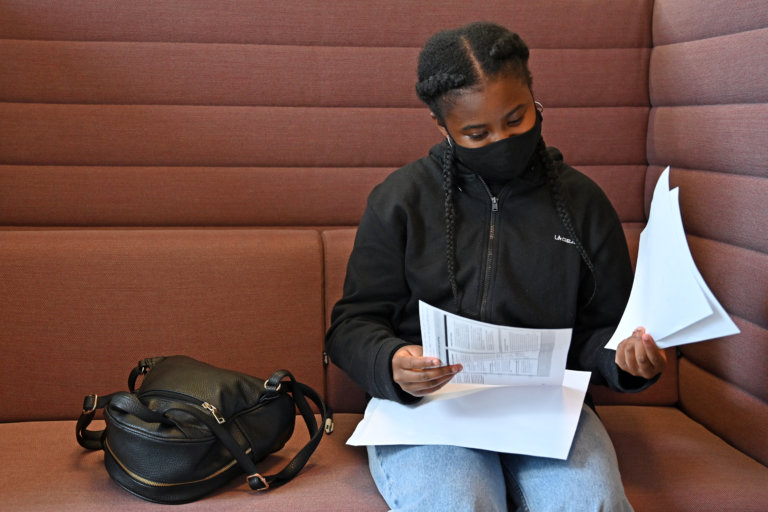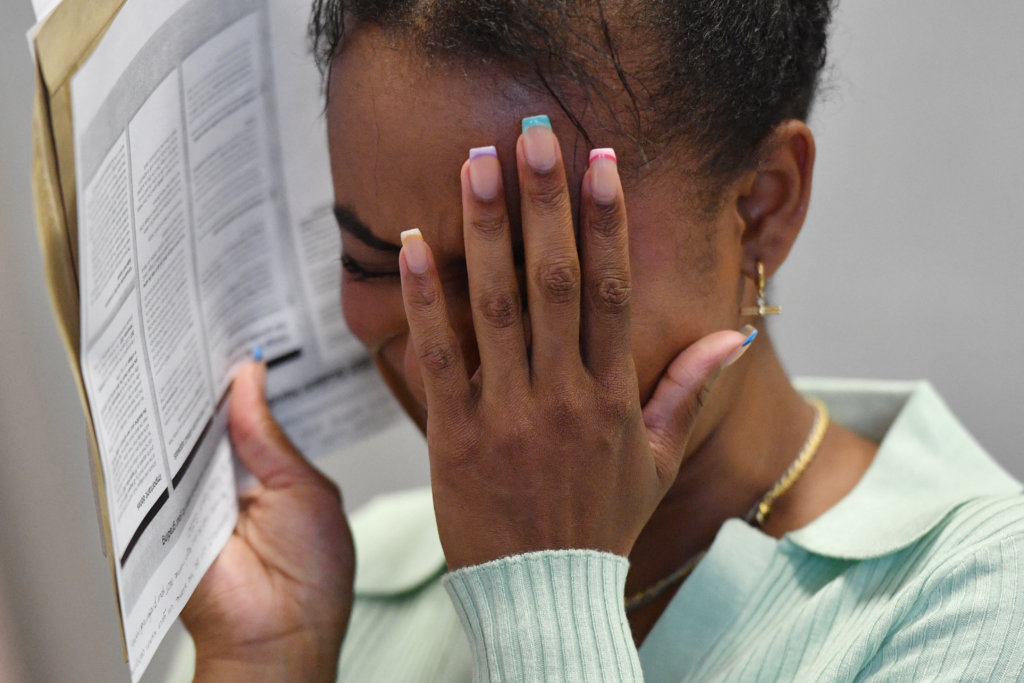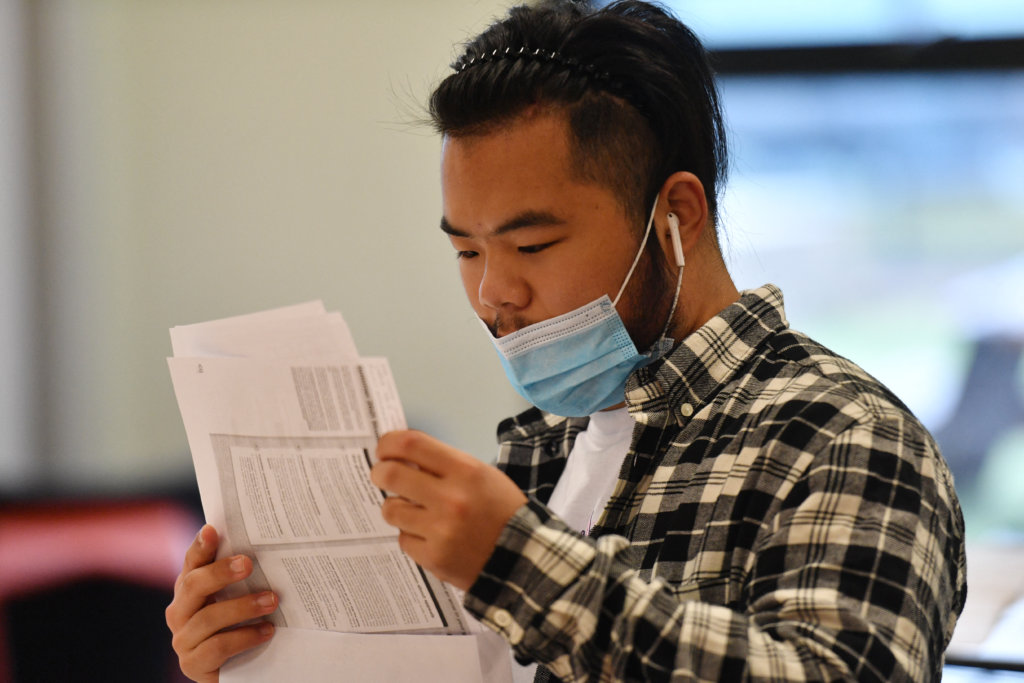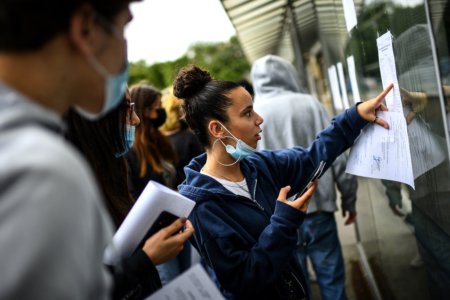
Results day is fast approaching for yet another cohort of anxious students — those who have just sat for their GCSEs. Falling on Aug. 25, 2022, students in the UK and all around the world will be receiving their GCSE grades after months of waiting.
While many students will likely receive the GCSE grades they want, there’s always the off-chance that your results may not be what you’ve hoped for. For most, these will probably be less than desirable, but still acceptable.
However, if you’re looking to take up specific A-Level subjects that require you to meet a certain grade threshold, or perhaps are transferring to a new sixth form college, a lower set of GCSE grades may be less than ideal.

Missing out on your GCSE grades might sound like a terrible prospect, but there is always a way forward — even when it seems like there isn’t. Source: Justin Tallis/AFP
What if I don’t get the GCSE grades I wanted?
First of all, remember that there’s no need to panic. Missing out on your GCSE grades might sound like a terrible prospect, but there is always a way forward — even when it seems like there isn’t.
It’s always best to be prepared, so make sure to read up on your options as soon as possible. This means considering all the negatives that could come out of the situation along with the positives.
What you should know is that every student has the right to appeal their results — which can give you a second chance.
What is the appeal process?
The appeal process, in essence, refers to the method in which students go through to request a remark on their paper. This usually happens when students believe that there is an error in the marking, or an exam board hasn’t followed its processes properly.
Certain considerations can also be made if you have sat your exam under circumstances the exam board weren’t aware of. For example, this could cover illness, death in the family, or other mitigating circumstances.
Exam boards are required to carry out reviews, as dictated by The Office of Qualifications and Examinations Regulation (Ofqual) rules. However, they can only do so if you submit your appeal request through your school or college.
Here’s what this looks like:
Your results are issued
First, you’ll receive your results on Aug. 25, 2022. Here, you’ll see what you’re happy with — and what you aren’t.
If you think that there was an error in the marking, you must go through your school to submit a review of marking or moderation. Most exam boards will not accept review requests from students unless you’re a private candidate.
Your request is reviewed
Following this, the exam board will review your paper. If there are any errors found in the marking, these will be corrected during this process.
Requesting an appeal hearing
If you’re still not satisfied with your GCSE grades following the appeal process, your school or college can request for an appeal hearing. This will prompt the exam board to form a panel, which will then consider your second appeal request.
If, following this, you are still not satisfied with this, your school can apply to Ofqual’s Exam Procedures Review Service (EPRS) for a final review. Here, Ofqual will decide if your case is valid and if it should be pursued.

It’s always best to be prepared, so make sure to read up on your options as soon as possible. Source: Justin Tallis / AFP
Are there any deadlines I need to be aware of?
In short: yes.
Unlike the process for A-Levels, GCSE exam boards set their own timeframes for the appeals process. This means that there’s a short window in which you will be able to conduct the above if you are unhappy with your GCSE grades.
To avoid any last-minute scrambles, keep a close eye on any updates from your exam board.
Is there a fee to appeal?
This depends on your exam board. Some may charge a fee for reviews of marking, moderation or for the simple act of considering an appeal. Some others may only charge a fee if a change has been made to your paper.
Again, be sure to keep a close eye on your exam board — they’ll be required to publish any fees associated with the appeals process in a clear and concise manner.
Can I resit my GCSEs?
If you are really unhappy with your GCSE results, there’s always the option to resit your papers. You can enrol at a local school or college in the UK as well as other institutions offering a GCSE-based education overseas.
In some cases, you might be able to sit for your GCSEs alongside your A-Levels. This may be convenient if you don’t want to fall behind on your classmates, but make this decision carefully — you’ll have to put in a lot of additional hours to balance your studies.










